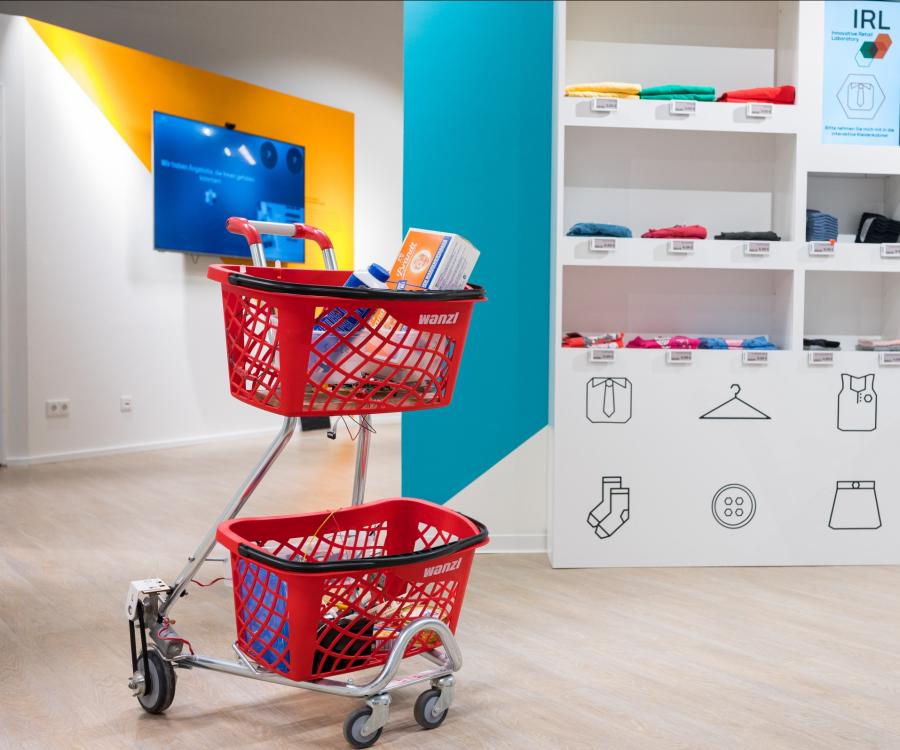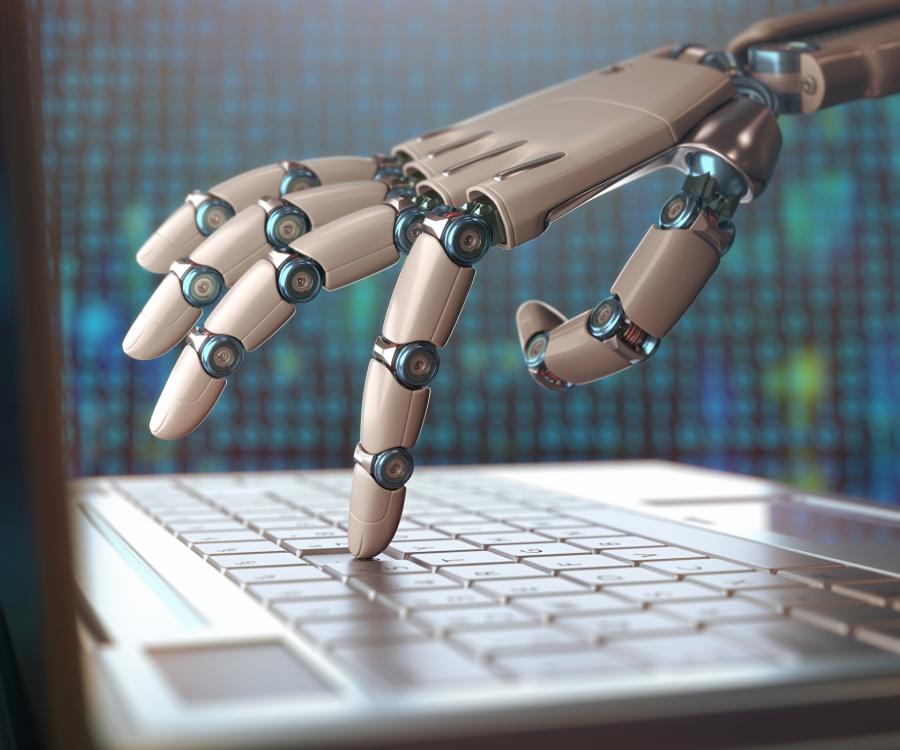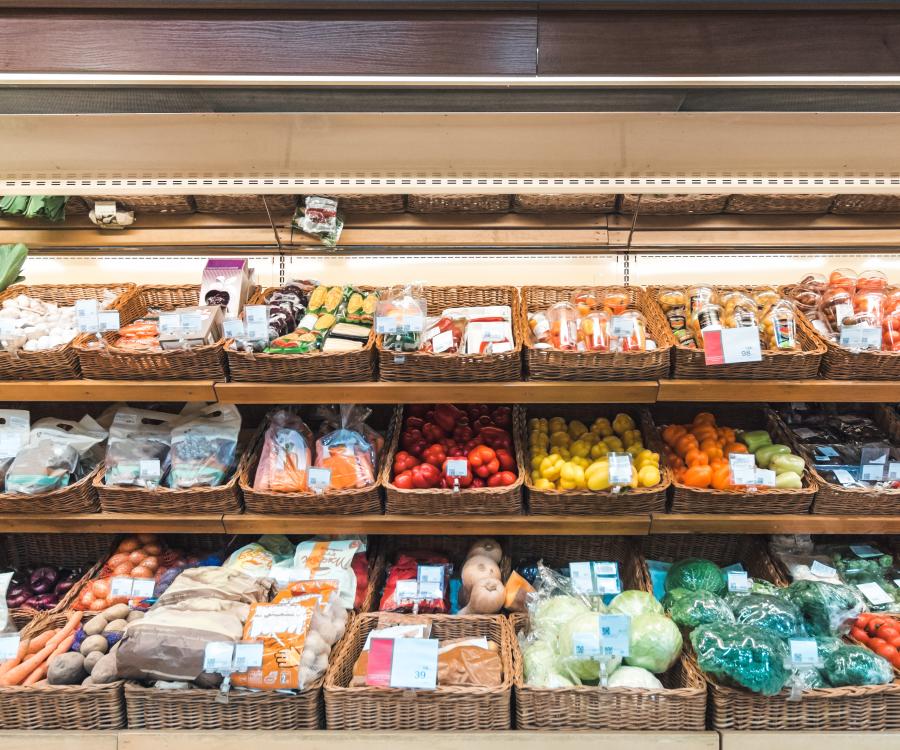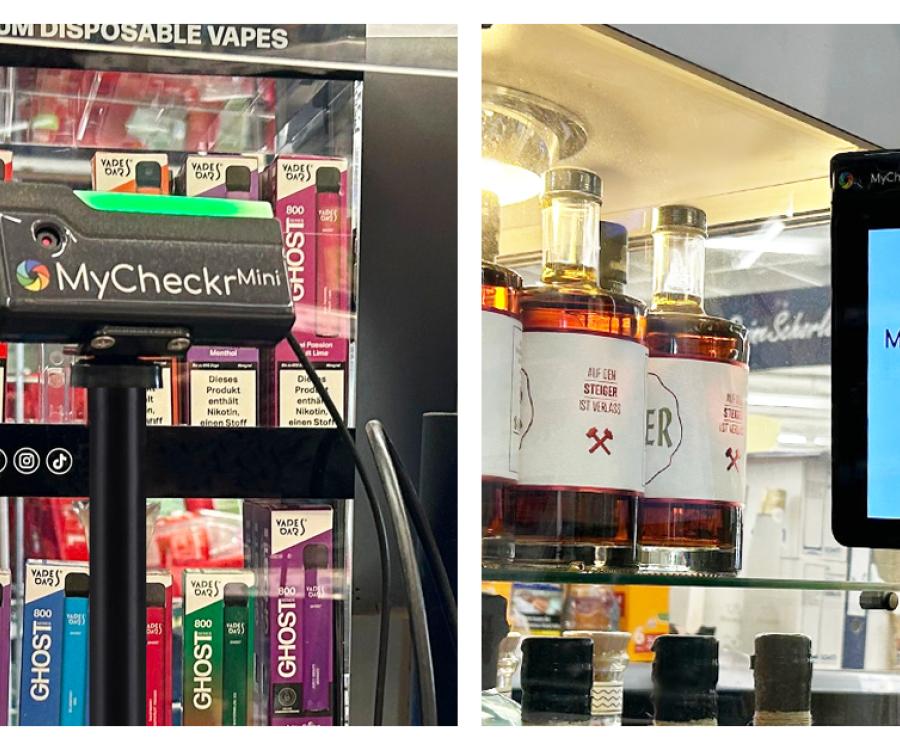Knowledge for all retailers - DFKI has launched the Knowledge4Retail (K4R) project series to achieve this goal. The driving force is an open-source platform for complex AI and robotics applications in retail.
The project relies on a digital replica of a brick-and-mortar retail store, a so-called “digital twin”.
In times of digital transformation, online and offline retail must increasingly blend to become seamless. You have developed a platform that addresses this aspect. How does it work?
The platform is still in the development phase and hasn’t been implemented in retail yet. The goal is to use a so-called “digital twin”, meaning a continuously updated digital replica of a brick-and-mortar store to provide information and create new opportunities for retailers that used to be nearly unfeasible.
Our four application scenarios or use cases showcase the potential of our idea: This includes AI-driven retail shelf optimization – referring to product selection and placement - service robots, smart intralogistics, and a smart refrigerator.

What role do IoT data and sensor systems play in this setting?
IoT data and sensors are part of the foundation of our platform. They facilitate information and data transmission to the platform which keeps the digital replica of the store updated. When it comes to robotics applications, they also make it possible for a robot to move, grasp products, and perform its designated tasks.
You just mentioned that you work with a smart refrigerator in one of your use cases. What are you testing in this setting?
To illustrate the transferability of the platform to similar domains, a pilot application shows how the platform can interact with a cashless, smart refrigerator that works according to the “Go” store concept. The smart fridge can autonomously identify, track, manage, and sell its food inventory. The existing solution uses sensors to identify and correlate customers and products. In other words, it recognizes the user and the items that they take out or put back on the shelf. The K4R platform connection facilitates the transfer of the application to brick-and-mortar stores and a similar environment. The emphasis here is on the integration of multiple sensors and IoT data for analysis. This is the basis for real-time inventory management and fulfillment to improve the restocking process, while AI helps analyze consumer buying behavior.
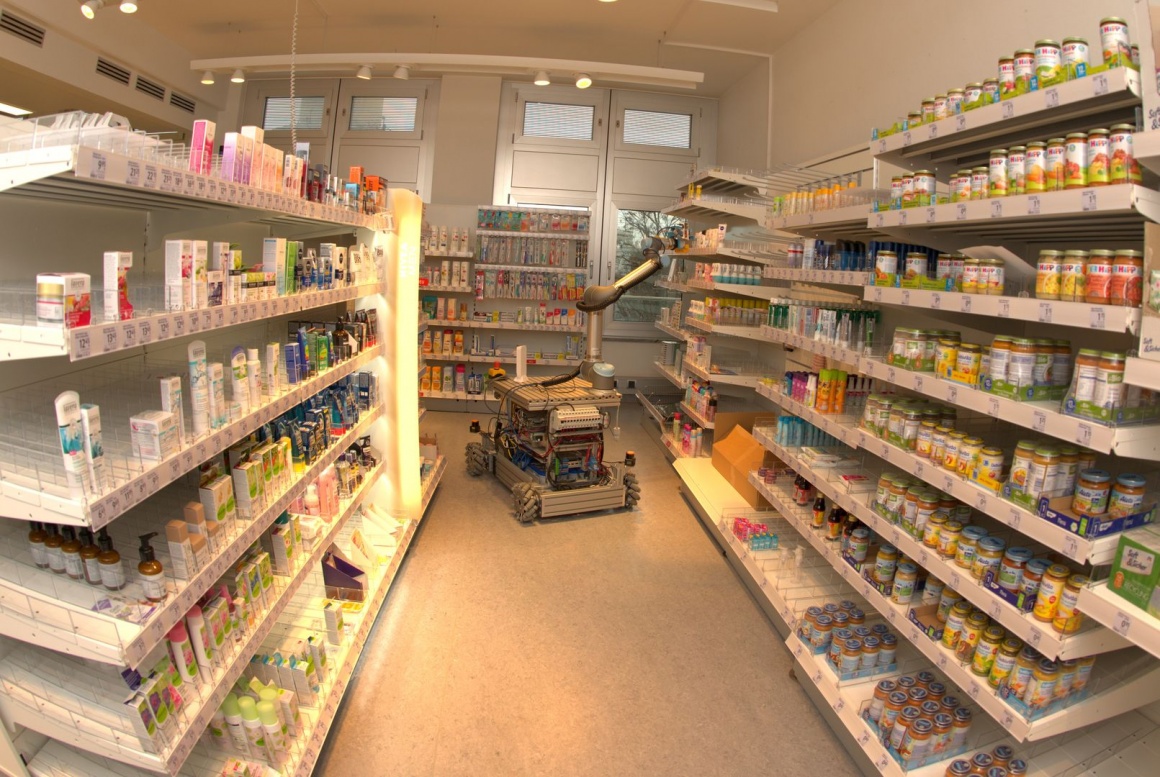
What insights do you hope to gain for brick-and-mortar retail and how do they advance the industry sector from both a customer and retailer perspective?
Brick-and-mortar retailers don’t have the chance to improve their business unless they have the right data and digital processes since the actual store is a black box. Meanwhile, upstream and downstream processes are typically already well documented.
That’s why retail faces two challenges in this context: first, the recording and digitization of the relevant processes and in-store data and second, the goal-oriented connection of these aspects to build value-creating applications. The Knowledge4Retail project specifically addresses these two points.
What are the benefits for retailers?
The platform makes it easier for retailers to implement smart applications in their stores as they can access a continuously updated pool of digital in-store information and data. This facilitates the smart use of retail data. Our use cases not only show that we can improve the customer shopping experience, but also ease the burden on employees. Since they no longer have to stock shelves, for example, they can now spend more face time with customers.
A look into the future of retail: How will we be shopping 20 years from now?
In some ways, the future of shopping will resemble today’s customer experience – yet it will also be dramatically different in many other aspects. As shoppers, we will have the option to personalize/customize many products from the comfort of our homes and have the items delivered – not necessarily to our home, but maybe to our workplace or loaded directly into our trunk via curbside car-loading for example. That’s because delivery recipients are likely not at their homes anyway. We will buy those products online where we know what to expect in terms of characteristics and where all packages are essentially identical. Conversely, we will continue to buy all products where this isn’t the case in brick-and-mortar stores. This includes fresh produce such as fruits and vegetables, meats, and cheeses, but also products where smell and touch play a crucial role. In brick-and-mortar retail, customer service and consulting will once again be important, allowing retailers to truly understand their customers and provide a positive, personalized shopping experience.


